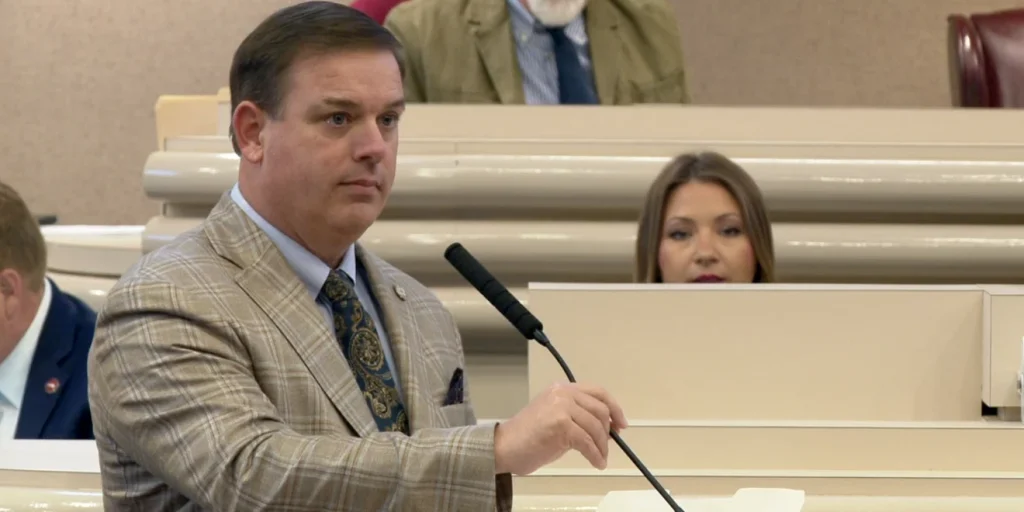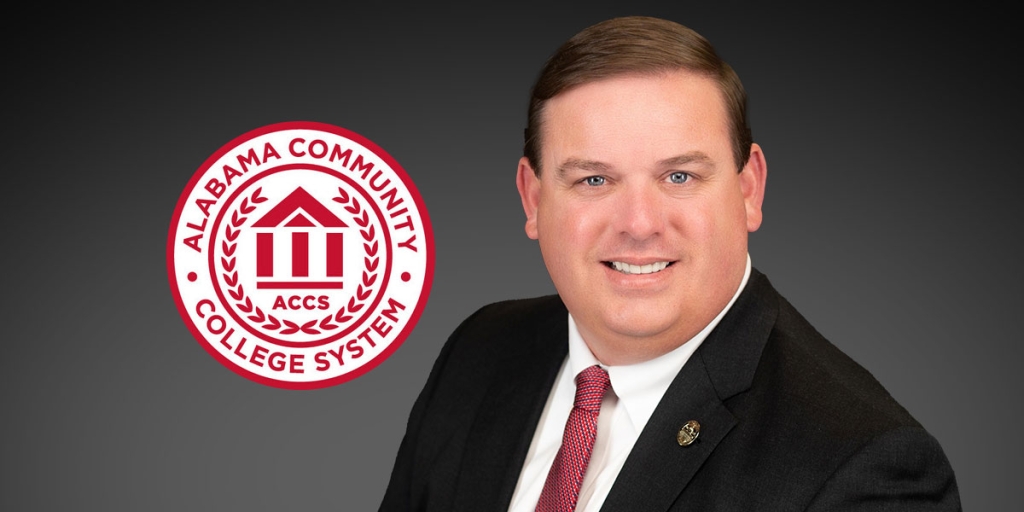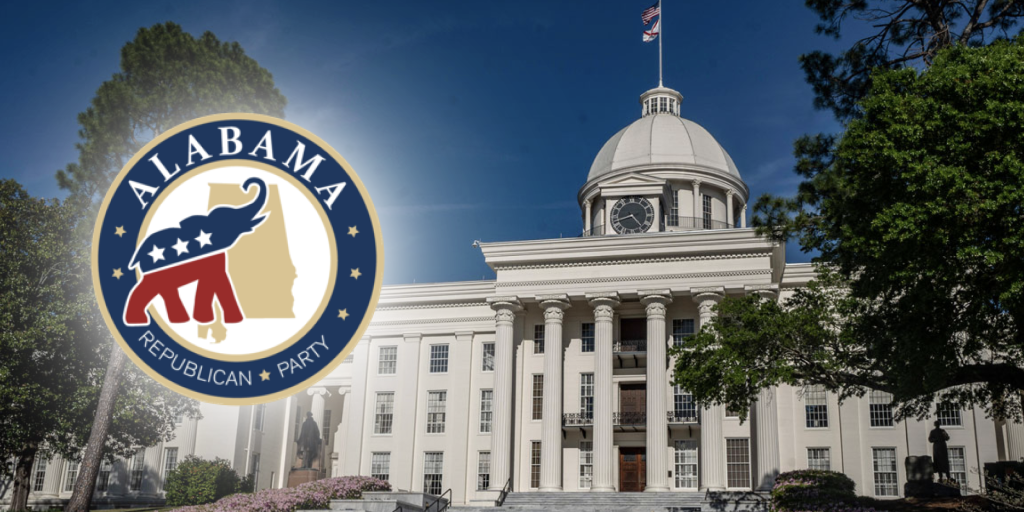On Thursday, the Alabama Senate passed legislation making artificially-generated child pornography illegal under Alabama law. The legislation passed the Senate unanimously. The bill now goes to Governor Kay Ivey.
HB168 was introduced by State Rep. Matt Woods (R-Jasper) and carried in the Senate by State Sen. April Weaver (R-Briarfield).
“The purpose for this bill is to amend our state laws to treat AI-generated child pornography the same way we treat actual child pornography; in other words, if you produce, possess or distribute child pornography, the state will no longer need to establish whether actual children are involved,” State Rep. Woods said when the bill passed the Alabama House.
After its Senate passage, Alabama Attorney General Steve Marshall praised the Legislature expanding the state’s ability to investigate and prosecute artificially-generated sexual material.
RELATED: Alabama House lawmakers advance bill to combat AI-generated pornography
“Artificial intelligence delivers opportunities for productive innovation, but has and will be used by those seeking to do harm—particularly when it comes to the rapid production and dissemination of child sex abuse material,” explained AG Marshall in a statement. “With the passage of HB168, Alabama will become a leader in the nation for protecting children from this scourge—thwarting child sex abuse material designed by artificial intelligence.”
“I am thankful for Representative Matt Woods’ leadership on this issue, which ensures that law enforcement and prosecutors have the tools they need to lock up these depraved predators,” Marshall added.
Producing, distributing, and possessing child pornography is already illegal in Alabama. AI generated child pornography has become much more high quality and realistic meaning that bad actors can generate copious quantities of this product and law enforcement have some difficulty in telling the real with a child sex slave versus the AI character. Authorities do not want there to be a legal loophole for child pornographers to evade prosecution.
“These statutory changes will enhance our ability to combat child exploitation in our state,” Marshall said.
To connect with the author of this story, or to comment, email [email protected]













